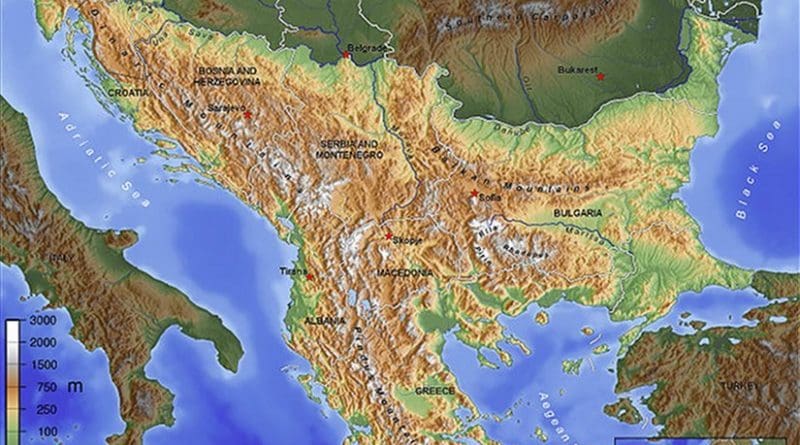Austria Busts Jihadist Network Linked To Balkans
By Eleanor Rose
Several suspects from the Balkans, including two Bosnian men, were among 11 people arrested on Thursday in anti-terrorism raids by police in the Austrian cities of Vienna and Graz, according to local reports.
Eight initial arrests reportedly included three Austrians, two Bosnians, a Syrian, a Bulgarian and a Macedonian, all of whom were male, according to a police spokesman.
Reports said four arrests were made in each of the two cities.
Three more arrests – also suspects from the Balkans – were made later in the day.
Unofficial mosques and apartments in the two cities were also raided by up to 800 Austrian police officers, according to news agency AFP, in a huge operation against a suspected network of jihadists with links to the former Yugoslavia.
The Austrian tabloid Kronen Zeitung reports that the crackdown was linked to a group connected to a Muslim preacher from Bosnia, Ebu Tejma, who was sentenced to 20 years in jail last year by a court in Graz.
Tejma was convicted of recruiting young people to fight for the Islamic State, ISIS, and of spreading ISIS propaganda.
“As part of an ongoing investigation into suspected membership of a terrorist organisation [ISIS] a coordinated operation planned for some time took place,” a prosecution official in Graz, quoted by AFP, said.
While Austria has not been the subject of a major terrorist attack in recent years, authorities say about 300 people have left or tried to leave the country to fight for ISIS.

